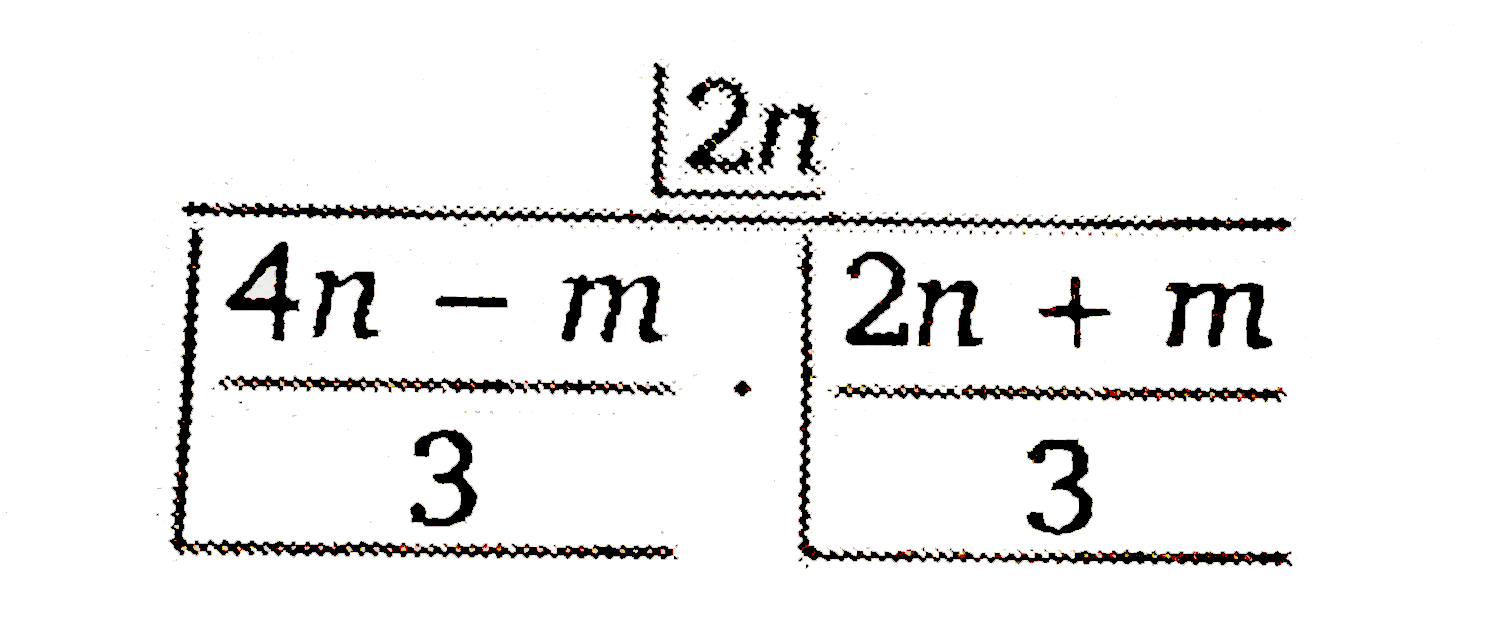If n be a positive integer and Pn denotes the product of the binomial coefficients in the expansion of (1+x)n, prove that Pn+1Pn=(n+1)nn!.
Step by step video & image solution for If n be a positive integer and P_n denotes the product of the binomial coefficients in the expansion of (1 +x)^n, prove that (P_(n+1))/P_n=(n+1)^n/(n!). by Maths experts to help you in doubts & scoring excellent marks in Class 12 exams.
Updated on:21/07/2023Similar Questions
Knowledge Check
If Pn denotes the product of the binomial coefficients in the expansion of (1+x)n, then Pn+1Pn equals
A(n+1)nn!Bnnn!C(n+1)n(n+1)!D(n+1)n+1(n+1)!For a positive integer n if the mean of the
binomial coefficients in the expansion of (a+b)2n−3 is 16 Then n is equal toA4B5C7D9
If Pn denotes the product of all the coefficient in the expansion of (1+x)n and 9!.Pn+1=109Pn, then n is equal to (n∈N)
View SolutionIf 'n' is a positive integer then prove that the coefficient foxm in the expansion of (x2+1x)2n is :

View SolutionIf 'n' is a positive integer then prove that the coefficient foxm in the expansion of (x2+1x)2n is :

View SolutionIf m and n are positive integers, then prove that the coefficients of xm and xn are equal in the expansion of (1+x)m+n
View SolutionFind out the sum of the coefficients in the expansion of the binomial (5p−4q)n, where n is a +ive integer.
View SolutionIf n is a positive integer, find the coefficient of x−1 in the expansion of (1+x)n(1+1x)n.
View Solution
